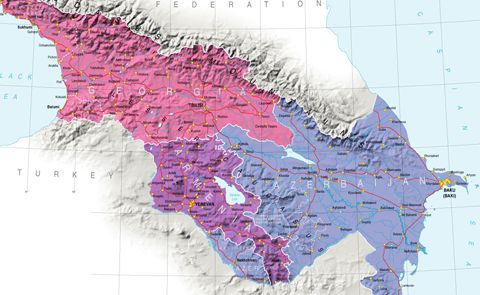
Public Trust in Pashinyan Declines, Gallup Poll Reveals
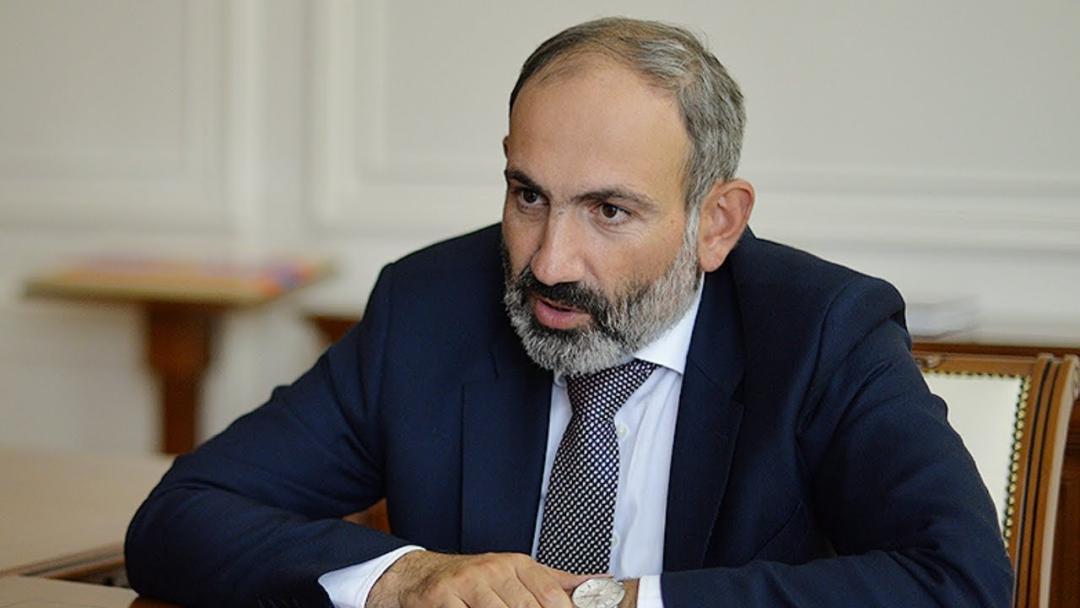
According to a recent sociological survey conducted by the Armenian representative office of the Gallup International Association, the level of trust in Armenian Prime Minister Nikol Pashinyan experienced a notable decline.
The survey revealed that 38.1% of respondents "completely distrust" the current head of government, marking a rise from 35.5% recorded in November of the previous year. Conversely, the proportion of individuals expressing "full trust" in Pashinyan decreased to 15.1%, down from 20.4% in the previous survey.
Furthermore, 13.9% of respondents indicated that they "rather trust" the Prime Minister, compared to 13.2% previously. On the other hand, 28.3% expressed "rather distrust," reflecting an increase from 18.6% in the previous poll. Additionally, 4.6% of respondents found it difficult to respond.
According to 38.1% of the survey participants, the Armenian Constitution should remain unchanged. 34.2% expressed the opinion that some provisions should be changed. Only 13.4% of the survey participants believe Armenia needs a new Constitution. To the question "whether extraordinary parliamentary elections are necessary to solve the internal political situation", in November 2023, 33.7% answered that they are not necessary at all, in January 2024, the same answer was given by 29.9% of respondents.
The survey, conducted via phone calls, involved 1,101 participants. A previous Gallup International Association poll from April 2023, which also utilized phone calls and engaged 1,100 respondents between April 26-30, indicated similar sentiments. In that survey, 38.7% of participants "absolutely disapproved" of Prime Minister Pashinyan's activity, while 13.9% "completely approved." Another 24.1% "rather approved," while 12.3% "rather disapproved." Thus, the distribution of opinions regarding the Prime Minister's performance remained relatively consistent over approximately a year.
See Also

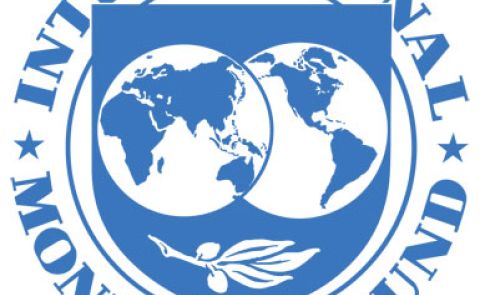
IMF Predicts Rising Strategic Reserves, GDP Growth, and Inflation Stabilization for Azerbaijan by 2030

Armenian Officials and Georgian President Discuss Strategic Cooperation, Peace Efforts, and Regional Stability in Yerevan
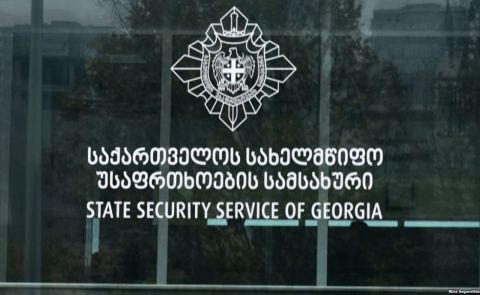
State Security Service of Georgia Identifies Occupation and Annexation as Primary National Security Challenge in 2024
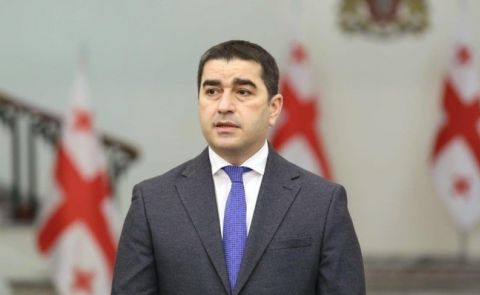
Shalva Papuashvili Criticizes EU for Misusing Funds, Warns of Continued Harm to Georgia’s Democracy
